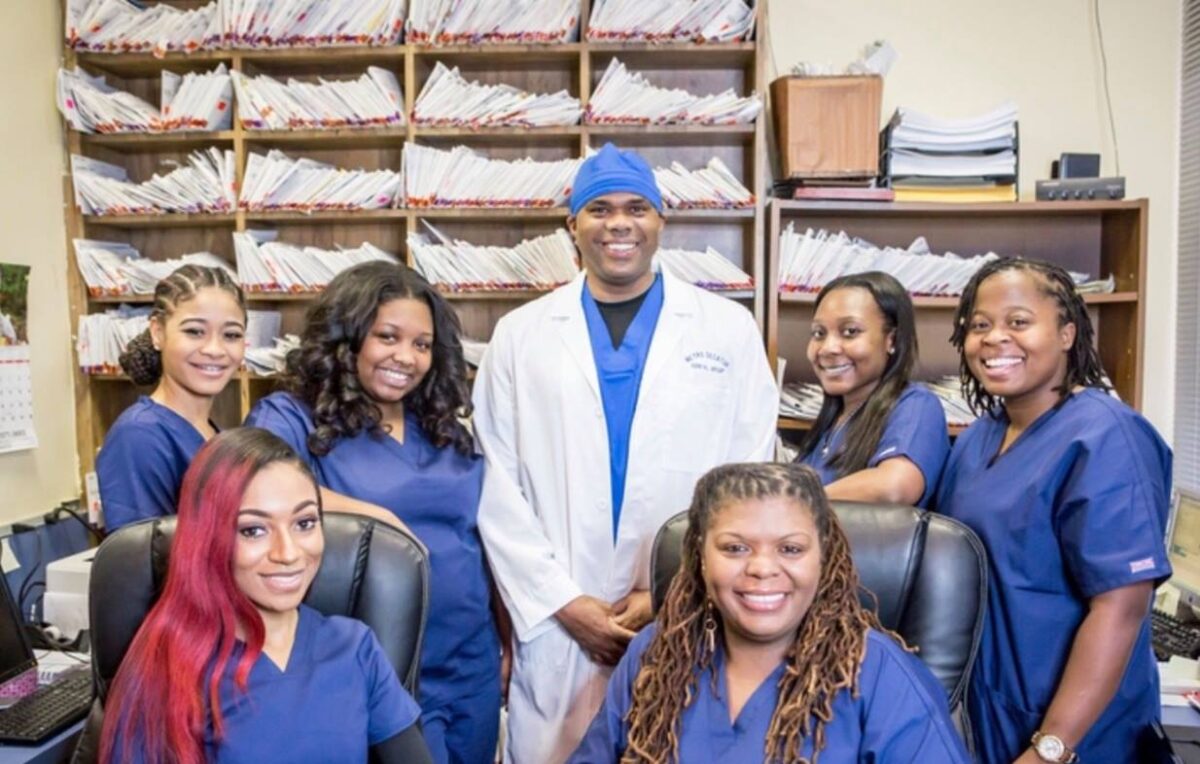Everything You Need to Know About Wisdom Teeth Removal
We have four permanent adult teeth located at the back corners of our mouth, both on top and bottom. Wisdom tooth removal or extraction refers to the surgical procedure of removing one or more wisdom teeth. Many times, a wisdom tooth does not have a proper place to grow, resulting in immense pain and discomfort for the individual. This can cause a lot of major dental problems, such as an infection. A dentist or an oral surgeon shall take care of the extraction for you. There are many future potential problems related to a wisdom tooth, which is why a few dentists recommend extraction even if there are no visible problems.
Why is it done?
These third molars, also known as wisdom teeth, are the last permanent teeth that erupt in the mouth. It is very common for them to appear when an individual is anywhere between 17-25 years old. Many do not develop these, and many do not have impacted wisdom teeth. Impacted wisdom teeth are the ones that do not have enough space to erupt in the mouth and so cause problems such as intense pain and infection. There are many issues faced by people with impacted wisdom teeth, such as gum disease, tooth decay if the tooth is only partially erupted, development of a cyst around it, or even damage to a nearby tooth.
Prevention of future issues
With an oral examination and x-rays of the mouth, Dr. Gary Simms, DDS can evaluate the position of the wisdom teeth and predict if there are present or future potential problems. Studies have shown that early evaluation and treatment result in a superior outcome for the patient. Patients are generally first evaluated in the mid-teenage years by their dentist, orthodontist, or by an oral and maxillofacial surgeon. They can then determine if this is the best course of action.

All outpatient surgery is done at the Metro Decatur Dental Group PC and is performed under appropriate anesthesia to maximize patient comfort. All of their doctors are trained, licensed, and highly experienced in providing various types of anesthesia for patients. If you are looking for Wisdom teeth removal in Decatur GA, this practice comes highly recommended.
Here is why they recommend having your wisdom teeth removed:
Why Should I Have My Wisdom Teeth Removed?
“If you do not have enough room in your mouth for your third molars to fully erupt, a number of problems can happen. Impacted wisdom teeth should be removed before their root structure is fully developed. In some patients it is as early as 12 or 13, and in others it may not be until the early twenties. Problems tend to occur with increasing frequency after the age of 30. Some of the possible problems related to not removing your wisdom teeth include:
Infection:
The most frequent clinical problem we see is peritonitis, (a localized gum infection). Without enough room for total eruption, the gum tissue around the wisdom tooth can become irritated and infected, resulting in recurrent pain, swelling, and problems with chewing and/or swallowing.
Cyst Formation:
Non-infectious diseases may also arise in association with an impacted wisdom tooth. Cysts are fluid-filled “balloons” inside the jaw bone that develop as a result of impacted teeth and slowly expand destroying adjacent jaw bone and occasionally teeth. They can be very difficult to treat if your wisdom teeth are not removed in your teenage years. Although rare, tumors can be associated with the delayed removal of wisdom teeth.
Possible Crowding:
Impacted wisdom teeth may contribute to crowding of your teeth. This is most noticeable with the front teeth, primarily the lower front teeth and is most commonly seen after a patient has had braces. There are a number of factors that cause teeth to crowd after braces or in early adulthood. Retained, impacted wisdom teeth may be a contributing factor. Unless you have an active problem when you see the oral surgeon, the reason for removal is primarily to prevent long-term damage to your teeth, gums and jaw bone.
Damage to Adjacent Teeth:
If there is inadequate room to clean around the wisdom tooth, the tooth directly in front, the second molar, can be adversely affected resulting in gum disease, bone loss around the tooth, and/or decay.”
Preparing for surgery
An extraction is usually performed in an outpatient setting. There are certain instructions that you need to follow before and after your surgery. It is important to ask questions such as:
- When should I arrive?
- Should I arrange for someone to pick me up after the procedure?
- Do I need to avoid certain foods?
- Are there any medications that I should avoid before and after my procedure?
What to expect
Your dentist will use any of these three kinds of anesthesia; local anesthesia, sedation anesthesia, or general anesthesia. The procedure will involve an incision being made in the gum tissue so that the bone is exposed, removing the bone that makes the root inaccessible, and finally removing the wisdom tooth.
Your dentist will clean the site to ensure there is no debris, stitch the wound, and place gauze over the site to stop the bleeding. You should expect some oozing of blood the first day after your surgery, quite a bit of swelling for the first two-three days, and pain that can be managed with over-the-counter pain medication.
Extraction of your wisdom tooth can be quite scary when you do not know what to expect. Keep all these things under consideration before you go for your surgery.


